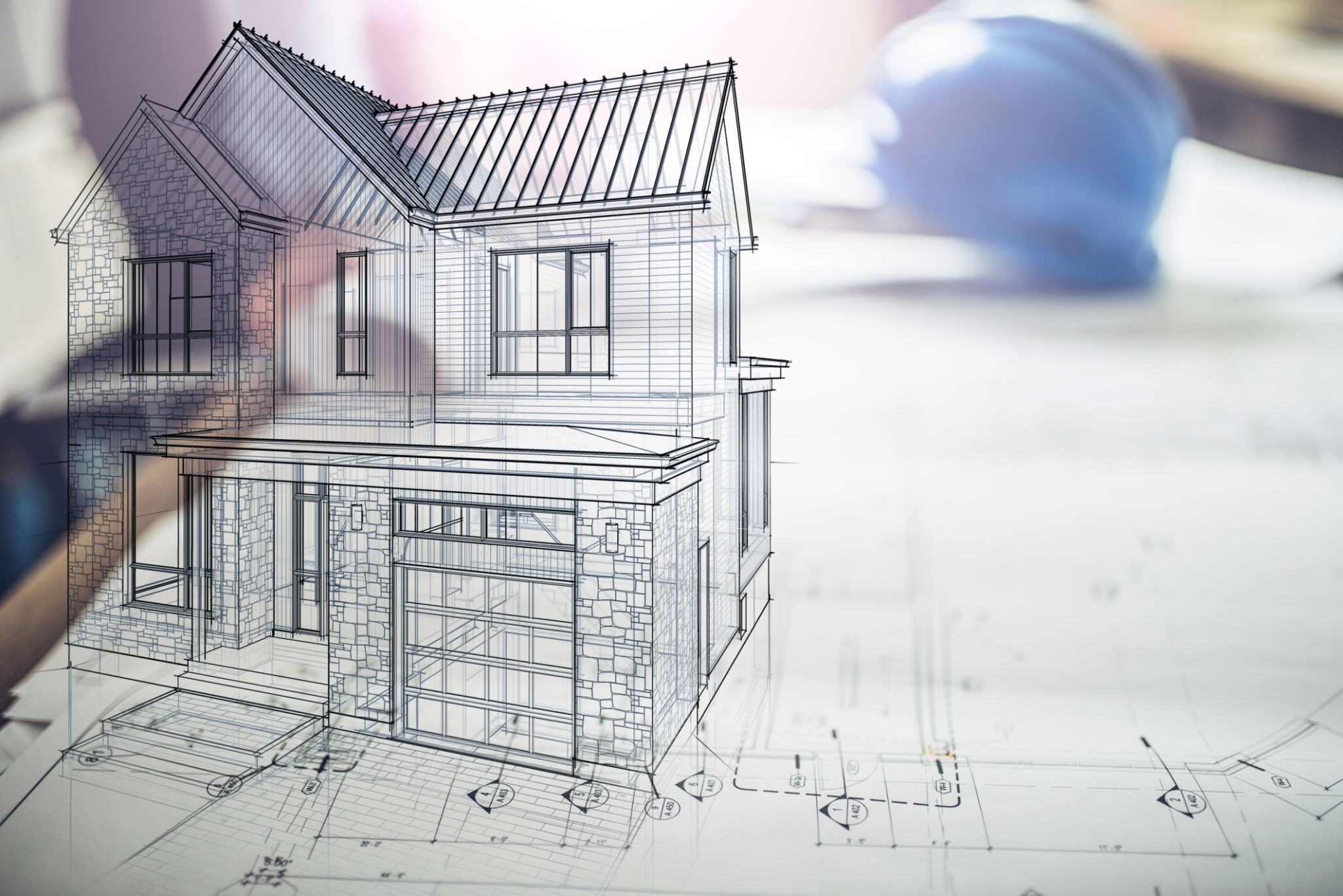Step-by-Step Guide to Building Regulations in Sabah
Understanding Building Regulations in Sabah
Building regulations in Sabah are crucial for ensuring the safety, sustainability, and efficiency of construction projects. These regulations provide a framework that guides developers, architects, and engineers through the complexities of the building process. Understanding these regulations is essential for anyone involved in construction or property development in the region.

Initial Planning and Research
Before embarking on any construction project in Sabah, it's vital to conduct thorough research and planning. Begin by understanding the specific regulations that apply to your project. These can vary depending on factors such as the type of building, its location, and its intended use. Consulting with local authorities or a professional consultant can provide clarity and help you navigate the regulatory landscape.
Additionally, it's important to gather information about zoning laws and land use policies. These laws dictate how land can be used and developed, impacting what types of structures can be built in certain areas.
Submitting Plans for Approval
Once you have a clear understanding of the requirements, the next step is to prepare and submit detailed building plans for approval. This includes architectural drawings, structural designs, and specifications for materials and construction methods. The submission should be comprehensive and adhere to all relevant guidelines set by local authorities.

The approval process may involve several stages and require input from various departments such as fire safety, environmental protection, and urban planning. It's crucial to ensure that all documentation is complete and accurate to avoid delays.
Inspections and Compliance
After obtaining approval, construction can commence. However, compliance with building regulations doesn't end there. Regular inspections are conducted by authorities at different stages of the construction process. These inspections ensure that the work is being carried out according to the approved plans and adheres to safety standards.
It is important to address any issues identified during inspections promptly. Non-compliance can result in fines or even halting of construction activities until the problems are rectified.

Final Approval and Certification
Upon completion of the construction project, a final inspection is conducted to ensure all aspects of the building meet the required standards. If everything is in order, a Certificate of Completion and Compliance (CCC) is issued. This certificate is crucial as it signifies that the building is safe for occupancy and use.
The CCC also serves as a valuable document for future property transactions or leasing arrangements, providing assurance to potential buyers or tenants about the building's compliance with regulations.
Staying Updated with Changes
Building regulations are subject to change, reflecting advancements in technology, safety standards, and environmental considerations. It's essential for developers and builders to stay informed about any updates or modifications to existing regulations. Regular consultation with local authorities or industry associations can help keep you updated on these changes.
By following this step-by-step guide, you can navigate the building regulations in Sabah more effectively, ensuring your construction project is compliant, safe, and successful.
